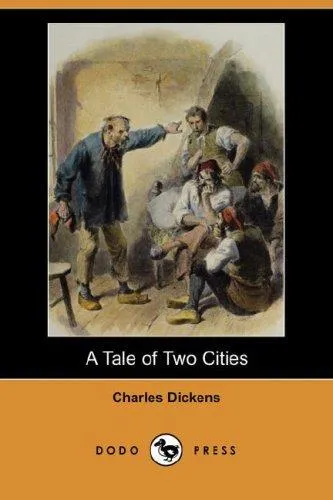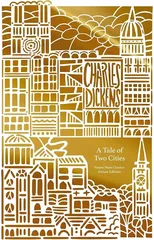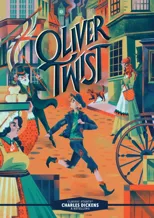Charles John Huffam Dickens (1812-1870), also known as "Boz," was the foremost English novelist of the Victorian era, as well as a vigorous social campaigner. Considered one of the English language's greatest writers, he was acclaimed for his rich storytelling and memorable characters, and achieved massive worldwide popularity in his lifetime. The popularity of his novels and short stories has meant that not one has ever gone out of print. Dickens wrote serialised novels, the usual format for fiction at the time, and each new part of his stories was eagerly anticipated by the reading public. Among his best-known works are Sketches by Boz (1836), The Pickwick Papers (1837), Oliver Twist (1838), Nicholas Nickleby (1839), Barnaby Rudge (1841), A Christmas Carol (1843), Martin Chuzzlewit (1844), David Copperfield (1850), Bleak House (1853), Little Dorrit (1857), A Tale of Two Cities (1859), Great Expectations (1861) and Our Mutual Friend (1865).
Charles Dickens
Charles Dickens was an English novelist and social critic, born in 1812. He is best known for his vivid characters, intricate plots, and powerful social commentary. Some of his most notable works include "Oliver Twist," "Great Expectations," and "A Christmas Carol." Dickens' writing style often combined humor with pathos, and his works often highlighted the struggles of the lower classes in Victorian England.
Dickens had a profound impact on the development of the novel as a literary form, helping to popularize serial publication and bringing attention to issues of poverty, injustice, and inequality. His most famous work, "A Tale of Two Cities," is a historical novel set during the French Revolution and is considered a classic of English literature. Dickens' legacy continues to resonate today, as his works remain popular and influential in the world of literature.



